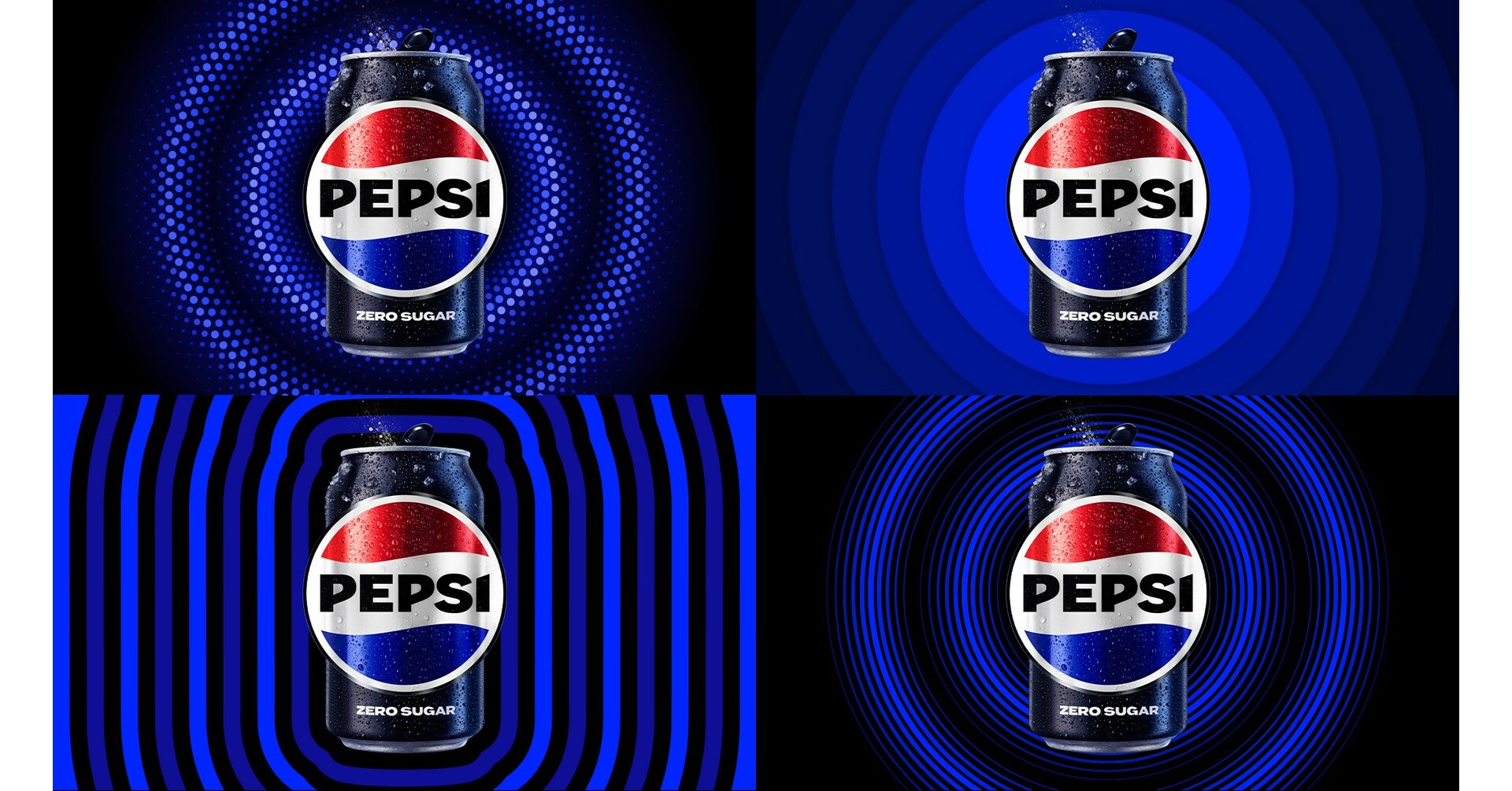By Zion Rufus
Perhaps a visit to the mall, local stores, and “happy hour” shops will reveal the growing popularity and employment opportunities associated with the sachetization concept, not only in food and consumables but also significantly in the alcohol industry.
The proposed ban on satchet alcohol poses a formidable challenge for street hawkers, small shop owners, and various groups in the value chain. The economic fallout threatens their livelihoods, as these stakeholders heavily rely on the sale of satchet alcohol, and the prohibition may lead to financial hardships and economic uncertainties.
Hence, banning the sachetization of products in a country grappling with acute economic crises, inflation, and recessionary pressures prompts questions about whether policymakers thoroughly considered the broader economic and social implications before implementing such a prohibition.
The beverage and alcoholic industry, pivotal for employment and a significant contributor to government tax revenues, should be balanced with the need to control alcohol abuse. While regulating alcoholic drinks is essential, prioritizing business sustainability, job creation, and poverty reduction is of greater significance for households.
To provide context, NAFDAC recently announced a ban on alcoholic beverages in sachets, pet, and glass bottles of 200ml and below. Commencing in 2018, this five-year plan aimed to protect public health by gradually reducing the production of these risky products. The multi-pronged approach saw a gradual decline, starting with a 50% decrease in 2020 and culminating in the complete ban in 2024.
Meanwhile, research indicates that the revenue of the alcoholic beverage industry stands at approximately 2.18 Trillion Naira, surpassing the dairy industry by half and nearly quadrupling the seasoning industry’s revenue. A Statista report also predicts the Alcoholic Drinks market in Nigeria to reach US$49.9 billion in revenue in 2024, with a projected volume growth of 0.7% in 2025, reaching 19,140.0 million L by 2028.
However, the ban on sachets and small bottles of alcohol is estimated to cost Nigeria over ₦1.3 trillion in investments. According to the Manufacturers Association of Nigeria (MAN) and the Distillers and Blenders Association of Nigeria (DIBAN), over 500,000 jobs, affecting the livelihoods of millions of Nigerians, are at risk in this sector. This also affects tax revenue generated from the production and sale of sachet alcohol and small businesses that rely on sachet alcohol sales for a significant portion of their income.
At a time when economic fundamentals are already challenging for organized businesses, the NAFDAC ban is expected to push businesses further into an economic abyss, exacerbating the current unemployment crisis in the country.
The Nigeria Employers’ Consultative Association (NECA) criticized this move, labeling it economic sabotage and expressing concern about its adverse impact on businesses.
Furthermore, imposing this ban might inadvertently encourage smuggling, as unscrupulous individuals exploit the opportunity to flood the market with dangerous adulterated products.
Perhaps a visit to the mall, local stores, and “happy hour” shops will reveal the growing popularity and employment opportunities associated with the sachetization concept, not only in food and consumables but also significantly in the alcohol industry.
Considering the high poverty and inflation rates in Nigeria, businesses, including those in tech, have turned to sachet marketing for survival. Nigeria, Africa’s largest economy, has faced recession twice since 2015, and the naira has lost 70 percent of its value against the dollar. NECA contends that the ban is ill-timed, given the prevailing economic challenges, unemployment rates, and border control inefficiencies.
On a somewhat humorous note, one might ponder the prospect of sachetizing products like frozen chicken or fish to make them more affordable or even sachetizing cement for aspiring homeowners.
With concerns about potential non-compliance and a firm commitment to upholding regulations, NAFDAC has issued a clear warning that all remaining banned products and packaging materials must be surrendered for destruction to avoid prosecution.







Comment
No comments found.